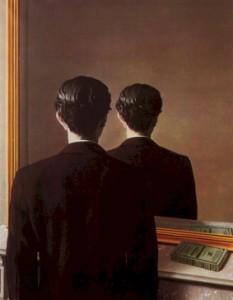The shrutisAra samuddharaNam
of
shri toTakAchArya
An Overview by C.S.Baskaran
A rare and much less known secondary scripture shrutisAra samuddharaNam is a composition by Shri Totakacharya, one of the four disciples of Shri Adi Sankara Bhagavatpada. Though most of the secondary Scriptures are on the same subject of oneness of jIva and brahman, ideas basic to Advaita Vedanta, this work is unique in certain ways. Firstly, it is composed in a meter that is named after the AchArya as toTaka meter. These verses are melodious when sung with their breath-taking rhythm, they remind us of Sri Sankara’s famous bhaja govinda stotram. He elucidated the nature of Brahman as one and non-dual, real, knowledge and bliss through a number of scriptural texts. Secondly he does not refer to the mAyA concept that is important to Advaita Vedanta nor discuss the tenability of the reflection theory (bimba pratibimba vAda) nor the limitation theory (avachCheda vAda ). The reasons are the possibility of his explaining the oneness of inner self (jIva ) and supreme self ( brahman ) of Advaita Vedanta without resorting to those concepts. He later became the Pontiff of the Sankara Matt established by his Guru at Badari, North India. With the blessings of my Guru, I shall try to give a short overview of this text. Continue reading





